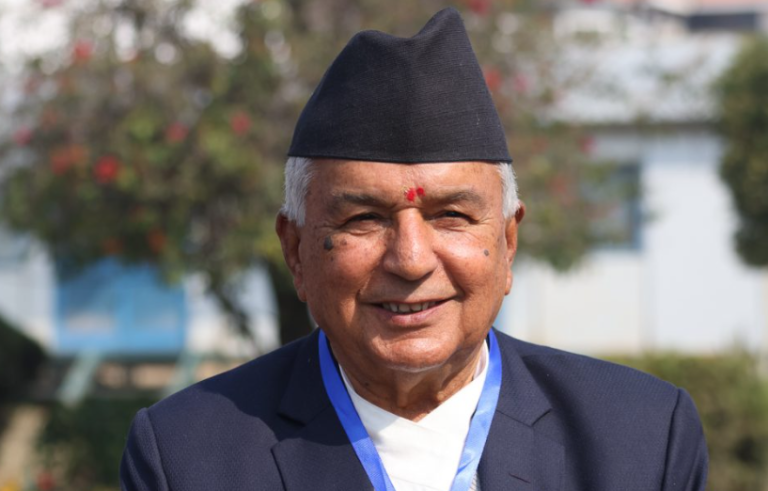President Ram Chandra Paudel has urged the people of Nepal to stand firmly against caste-based discrimination and untouchability. He gave this message during the observance of the National Day for the Elimination of Racial Discrimination and Untouchability, marked every year on Jeth 21 in the Nepali calendar. This day commemorates the 2063 BS declaration of Nepal as a caste discrimination-free nation.
In his message, President Paudel wished happiness, peace, and prosperity to all Nepalis living in the country and abroad. He described caste-based discrimination as a serious crime against moral values, human dignity, and social justice. The President emphasized that the problem should be addressed not only legally but also socially, by changing attitudes and behavior.
He called on every individual, family, and community to support the fight against untouchability. He also appealed to government institutions, political parties, national and international non-governmental organizations, civil society members, and media professionals to show more awareness and responsibility on this issue.
President Paudel highlighted that Nepal’s constitution guarantees equality and justice for all citizens. He reminded everyone that the law bans caste-based discrimination and that those who break this law must be held accountable. He said the real goal is to create a society where all people, regardless of caste or ethnic background, can live with respect and equal rights.
He encouraged Nepalis to build unity through mutual understanding, harmony, and cooperation. According to the President, these values will help make democracy stronger and more meaningful for all people in the country. He stressed that national unity can only grow when all citizens feel included and valued.
The President also reflected on the need for practical changes in how society functions. He said it is important to look beyond legal reforms and bring change in everyday customs, behavior, and cultural habits. This, he said, will help reduce social divisions and promote a culture of respect and equality.
Although Nepal has taken legal steps over the years, such as the 2011 Caste-Based Discrimination and Untouchability (Crime and Punishment) Act, caste-related issues continue to affect many communities. Dalits and other marginalized groups still face challenges in areas like education, employment, healthcare, and public participation. Despite legal protections, many cases of discrimination go unreported due to fear and social pressure.
Rights organizations say that raising awareness and educating people is essential to ending such practices. Experts agree that true equality can only be achieved when communities actively reject harmful traditions and treat all individuals with fairness and dignity. Schools, families, and local leaders all play an important role in this process.
President Paudel expressed his hope that the observance of this national day would inspire all sections of society to become more responsible and active in ending caste-based inequality. He said that this day is not just a remembrance of the past but also a call to action for the future.
He believes that by working together, Nepal can build a society where people live free from fear, hate, or exclusion based on caste. He asked all citizens to take this day as a chance to reflect on their actions and contribute to building a just and equal nation.


